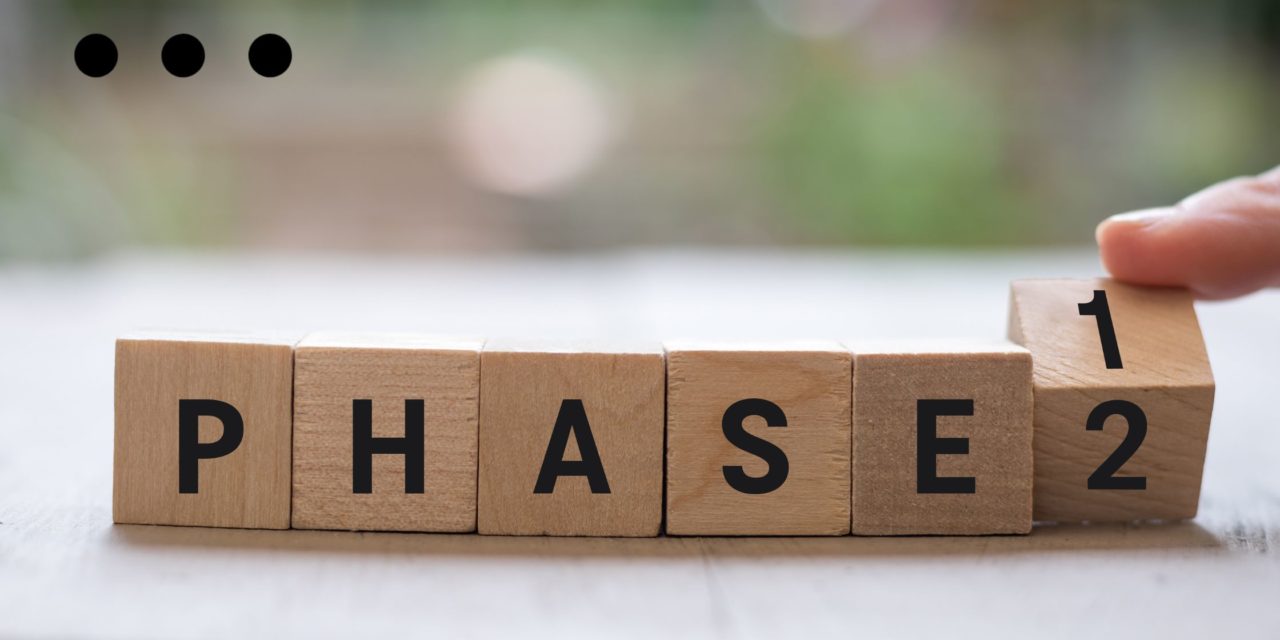Substance abuse almost always proves destructive for not only the physical and mental health of an individual but also their relationships and their interaction with people and the world around them. The harm caused to the people that are directly associated with the addicted person is also great. However, recovery from even the worst form of addiction is possible through substance abuse treatment programs. These programs follow a sophisticated Transtheoretical Model that is devised by experts. It distributes addiction recovery into five discernable stages. The distinction between the stages is based on the approach and attitude of the person suffering from addiction towards his addiction and on how they view recovery and relapse. This five-stage model is helpful for addicted people, their families, and the treatment facilities that addicted people go to. It helps them in tracing the progress of recovery and the vulnerability of a patient at any stage of their recovery. Thus, the five-stage model also helps in preventing addiction recovery relapse.
These five stages of addiction recovery are precontemplation, contemplation, preparation, action, and maintenance. Following are the stages individually explained:
1. Denial
This is also known as the precontemplation stage and it represents a lack of awareness that a problem exists. The stage is characterized by the defensiveness of addictive behavior. The person views the good sides of their experience with addiction and ignores the negative impacts of it. They in this stage will not be seeking out information about treatment options. One reason is often the disbelief in treatment and complete recovery. There is a lack of proper thinking about the addiction by the person, which consequently makes them view addiction only in a positive light. In this way, the initial phase of addiction recovery is marked by a lack of acknowledgment of the adverse impacts of addiction.
2. Acceptance of the problem
This contemplation phase represents a realization that a problem exists, but the person is not ready to seek treatment. There is a readiness to view addiction in a negative light but only on a contemplative level. No action with the aim to treat addiction is taken. However, at this stage, the person may start to recognize that their behavior has consequences. They may experience guilt over their actions. The contemplation stage proves productive for family members and treatment facilities to knock some sense into the addicted person who is ready to listen to reason without getting defensive about their addiction.
3. Preparation
This phase represents an active decision to seek treatment for addiction. A person in the preparation stage may have already begun to make changes in their behavior and will begin to educate themselves on the available treatment options. This is also the first stage where a person will seek out professional help for their addiction. They can opt to join a gym, consult a counselor, or take up the daunting task of going substance free for a few days on their own. It is safe to say that the preparation stage is marked by a sense of urgency to become addiction-free with the first signs of practical steps appearing.
4. Taking Action
The action phase represents a commitment to change. The change in life choices and lifestyle is visible in the person previously suffering from addiction. The individual takes some steps towards recovery and starts addressing any underlying issues that contributed to their addiction in the first place. At this stage, they are likely going to have already made significant changes in their behavior, but they will still require support in order to maintain their new lifestyle choices. The prolonged abstinence and possibility of relapse invite the addicted person to seek professional help at this stage of recovery to ensure that the recovery is complete.
5. Sustaining recovery
As suggested by its name, this phase is basically the stage in addiction recovery at which the person has to maintain their abstinence habits and avoid relapse. The maintenance stage represents a continued commitment to change and self-improvement. In this stage, the individual fully adopts healthier habits and learns to avoid situations that trigger problematic behaviors. The maintenance stage is marked by the hard work of the individual to ensure that the recovery is maintained and relapse is prevented. The individual stops feeling the desire to relapse as frequently as in the previous stages. This results in an increase in the confidence of the individual in their own capability to avoid the urge to fall back to substance addiction. A commitment of a time period ranging from six months to five years to never use drugs again is essential to reach a point in recovery where the urge dies out completely. It depends on the nature and severity of the addiction, genetic makeup, and experience of the individual. Thus, the maintenance stage is the final stage in the five-stage addiction recovery model to put an end to dependence and addiction to substances.

